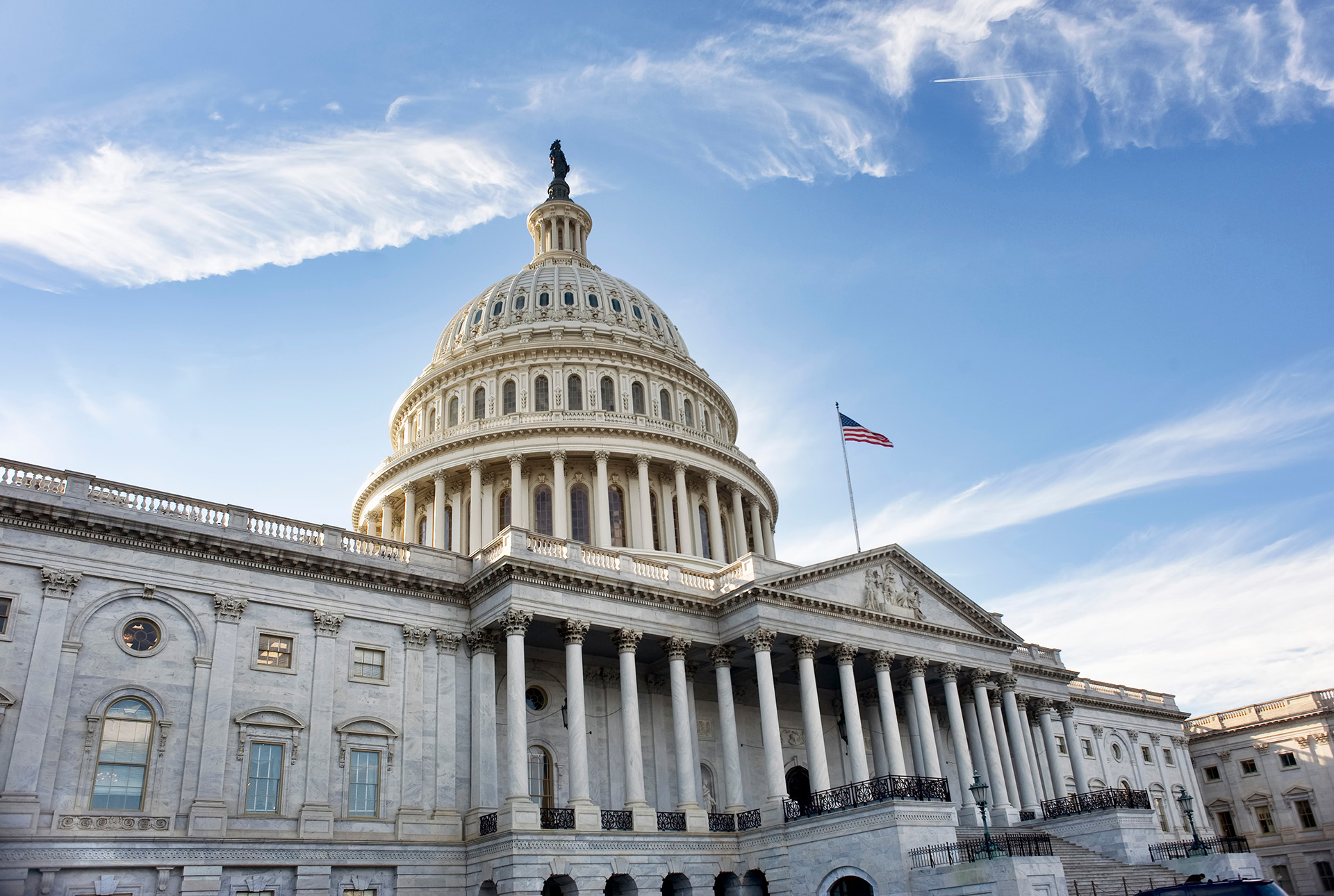By Elizabeth G. Taylor, Executive Director of the National Health Law Program, Juliet Choi, President and CEO of the Asian & Pacific Islander American Health Forum (APIAHF), and Leslie Dach, Chair of Protect Our Care
Last week, Arkansas released updated Medicaid enrollment data that serves as a dire warning for the rest of the nation: 72,802 people who rely on Medicaid lost their insurance coverage in April — 40 percent of whom were infants or children. About 80 percent of Arkansans who lost coverage were disenrolled from Medicaid because they did not meet Arkansas’ paperwork requirements like completing renewal forms properly, not because of a determination that they no longer qualify for Medicaid.
This comes as Republicans in Washington passed legislation to impose even more paperwork requirements in Medicaid nationwide — threatening coverage for 21 million people. The devastating outcomes of both these initiatives are by design and reflect a broader national trend: Republicans are using bureaucracy and paperwork to kick people off their health care coverage.
Congress passed bipartisan legislation at the beginning of the COVID-19 pandemic to protect access to Medicaid by ensuring no one could be disenrolled during the public health emergency. This provision expired on April 1, 2023, and an estimated 15 million people nationwide – including millions of people of color – are at risk of losing coverage as states begin the massive task of determining who on their Medicaid rolls remains eligible. Every state is working to re-evaluate their Medicaid rolls and has a year to do so, but Republican-led states like Arkansas are moving at breakneck speed to throw people off of coverage.
Republicans in Congress continue to impose barriers to coverage for millions of Americans, including by passing partisan legislation in the House of Representatives, jeopardizing Medicaid coverage for an estimated 21 million people by imposing additional work reporting requirements. Introducing more red tape for beneficiaries as states are already overwhelmed with the unprecedented and complex redetermination process would be nothing short of disastrous.
By seeking to impose work requirements nationwide, House Republicans want to export Arkansans’ misery to the rest of America. In 2018, when Arkansas implemented a less extreme version of work reporting requirements, over 18,000 people (or one in four subject to these requirements) lost their coverage in just seven months; adding red tape quickly takes health care away from people who rely on it. And since two-thirds of families who count on Medicaid include people who already work and the vast majority of others are caregivers, students, or physically unable to work, it’s clear that work reporting requirements are about reducing Medicaid enrollment, not about promoting work.
As representatives of leading civil rights, health equity, and health care organizations, we strongly oppose any barriers to accessing health care. Throwing people off their Medicaid will exacerbate racial and ethnic disparities in access to care. People of color make up a greater portion of those on Medicaid — a direct result of deep-rooted historical discrimination in employment, housing and education, as well as other forms of structural racism. While people of color make up 35% of Arkansans under age 65, they comprise 44% of people who count on Medicaid. The same is true of nutrition assistance and income support programs like SNAP and TANF. We are deeply concerned with proposals to take nutrition support away from households if they are not able to navigate a complex bureaucratic system to document they are working or prove they are exempt.
Public officials in states across the country have an obligation to minimize coverage losses as the redetermination process continues rather than pursuing new, harmful proposals. Lawmakers in Washington should reject Speakers McCarthy’s default bill and its burdensome work reporting requirements. No one should lose their health care coverage, nutrition assistance or income support due to paperwork or red tape. Medicaid is proven to save lives, help people from all backgrounds stay healthy, keep rural hospitals and other safety net providers open, boost local economies, and support needed preventive care. It must be protected and strengthened, not gutted through an anti-working poor agenda.


